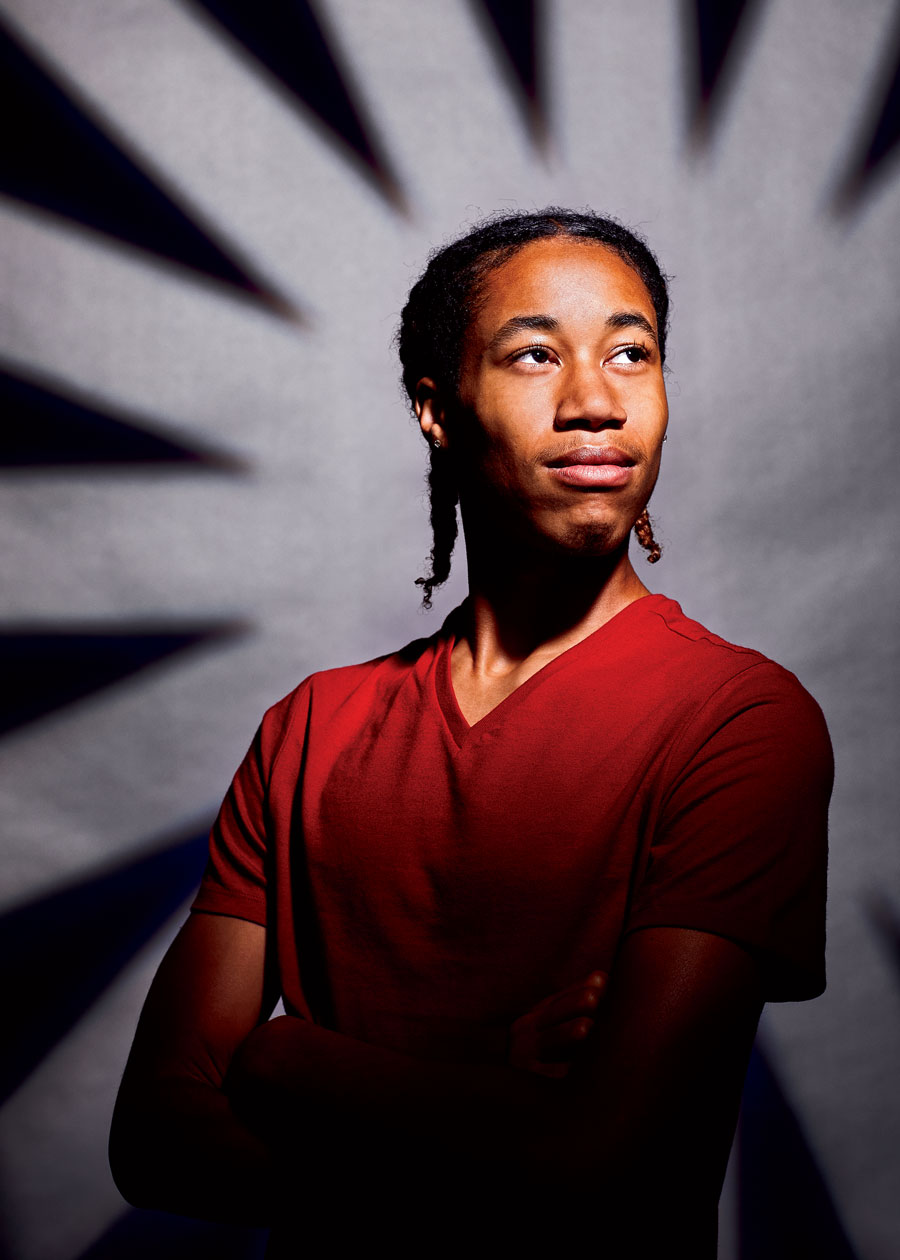
Jermaine “Jayy Jayy” Wright
When this 19-year-old University of Tampa student and Auburn Gresham native decided to volunteer with Ujimaa Medics a few summers ago, the local nonprofit was focused mostly on emergency response to shootings or health emergencies like asthma attacks, training people how to administer first aid before professional help arrived. When the protests started, Wright knew his skills would be needed for a different kind of violence. On May 31, he found himself treating a man who had taken several blows to the head from a police baton; then, with newer trainees in tow, he turned his attention to a woman with a blunt-force eye injury, escorting her to the hospital. “A lot of folks were scared,” he says of his fellow street medics. “But for me, the best thing to do was to tell them, ‘We’re gonna push through. We’re gonna get this done.’ ”
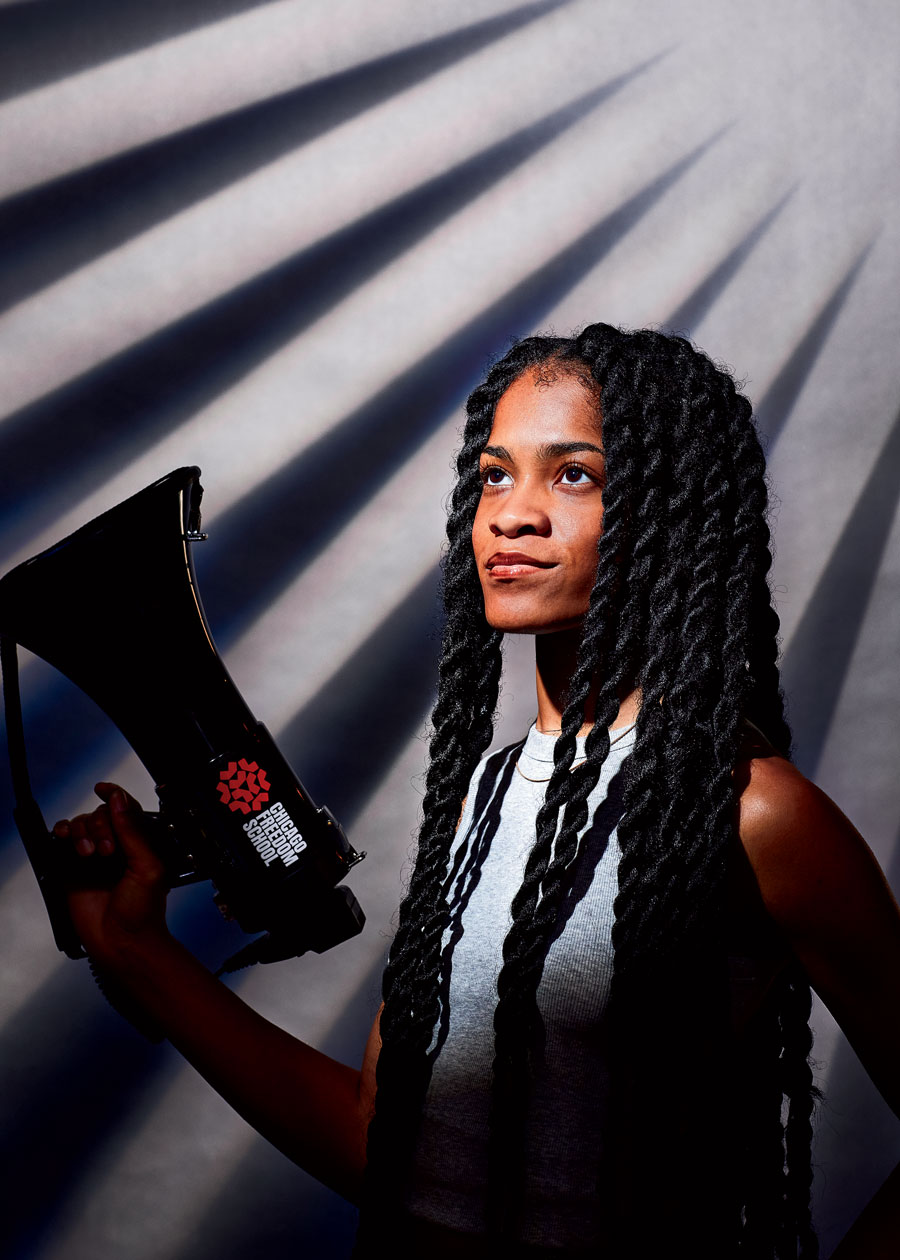
Essence-Jade Gatheright
“It’s always bigger than just one individual.” That’s what this 16-year-old Lindblom Math and Science Academy student told herself when, instead of seeking the safety of home on the chaotic night of May 30, as the city shut down public transit and cut off routes into and out of the Loop, she remained in the fray. First, Gatheright tweeted a message that was shared more than 21,000 times: “For any protestors in Chicago right now I know you can’t get home but Chicago Freedom School has opened their doors and has food, water, chargers.” Then, to the consternation of her worried parents, she braved street clashes and got herself to the education nonprofit’s State Street headquarters, where she serves on the Youth Leadership Board, and worked for hours to help feed and shelter dozens of marchers.
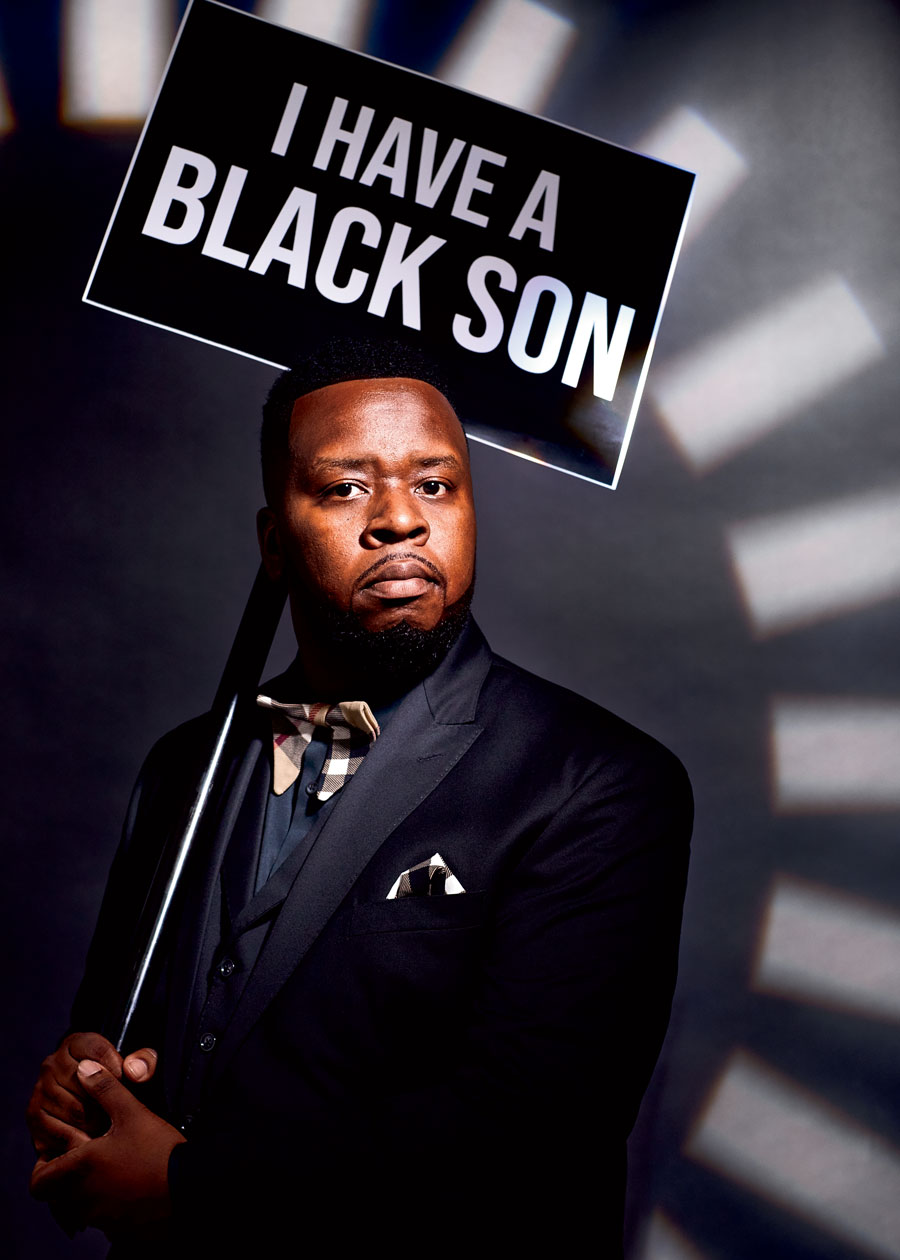
Early Walker
The cop-and-firefighter neighborhood of Mount Greenwood, in the city’s southwest corner, is a nucleus of the Blue Lives Matter movement and has been the site of a number of racist-tinged confrontations between outsiders and white residents. That’s precisely why Walker, the 35-year-old owner of a towing company in nearby Dixmoor, chose to lead a protest there on June 7. Marching under the banner “I Have a Black Son” and carrying his 1-year-old in his arms, he and around a thousand fellow demonstrators entered the neighborhood behind a row of hearses. Walker says he wanted residents to hear a stark, straightforward message: “We’re tired of losing our Black sons.”
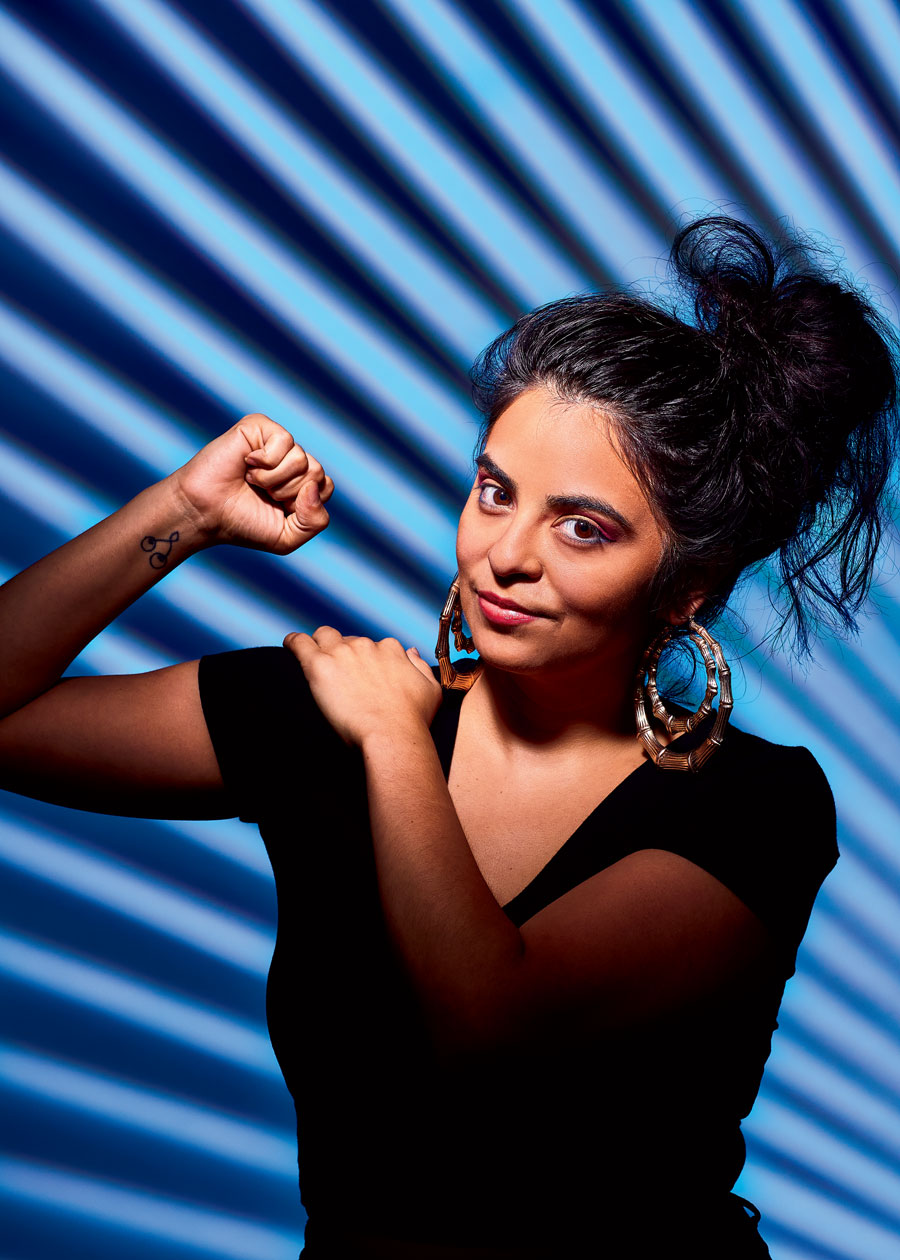
Michelle Zacarias
It was a disturbing news item amid a flood of reports of violence: In Little Village, Pilsen, and Cicero, Latino gang members and vigilantes were attacking Black people’s cars with baseball bats and bricks, under the guise of protecting businesses. When Zacarias, a 30-year-old journalist and social justice activist, got wind of the situation, she teamed up with a dozen or so community members and formed Brown Squad for Black Lives. The ad hoc solidarity group worked with other neighborhood organizations to get the instigators to back off, and it launched a hotline, spreading the word on social media that any Black person in Little Village, Pilsen, or Cicero who felt threatened could call the number and request a local escort for safe passage through the area. “We got all kinds of requests,” says Zacarias. “Sometimes people needed to be driven places or needed help moving, while other people were afraid to walk their dog alone.”
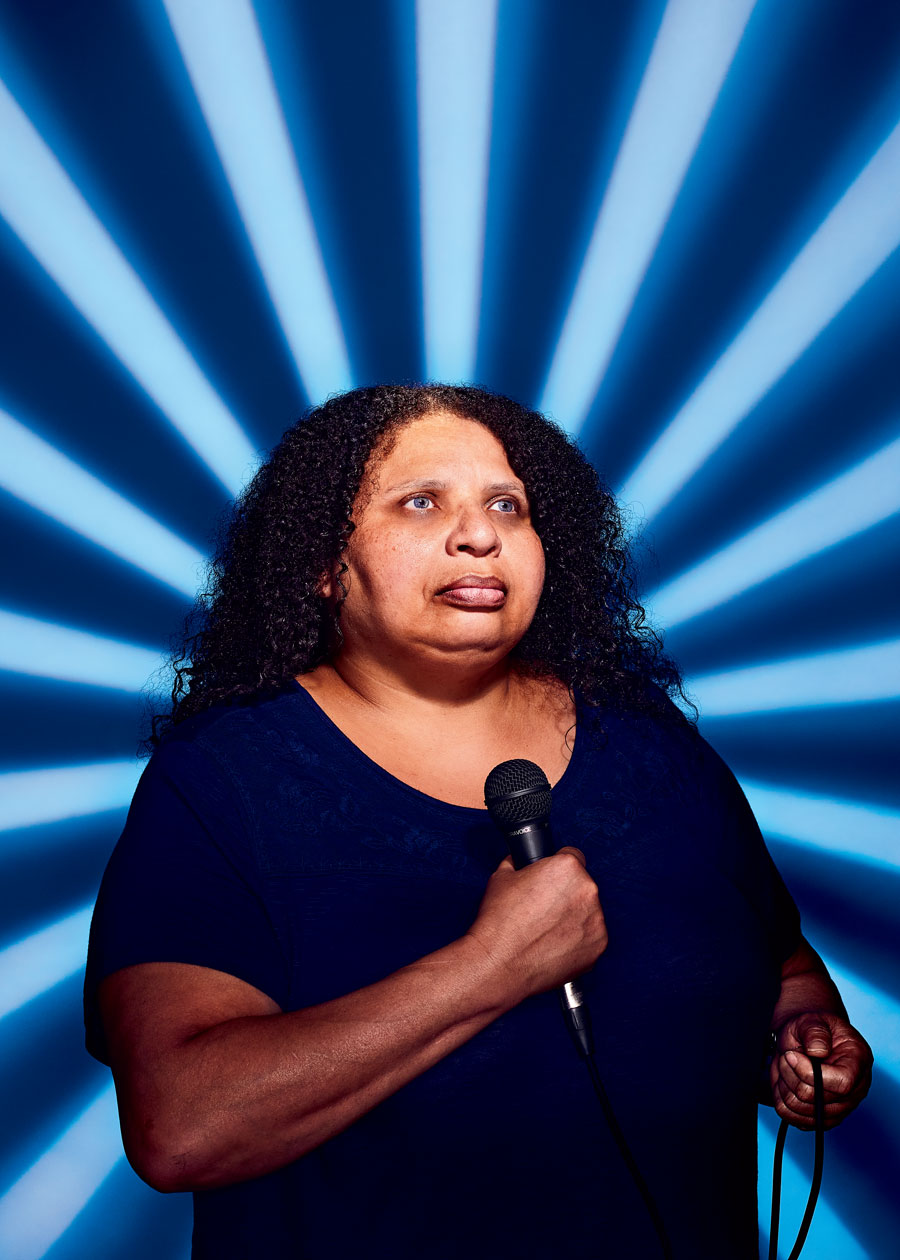
Jacqueline Luttrell
Luttrell, a 55-year-old grandmother of nine, has asthma, which would have been a perfectly good reason not to plunge into the shoulder-to-shoulder crowd outside her Uptown home on June 1. “I was scared to death,” she says, but after months of careful social distancing, she decided to join the demonstrators. “The Civil Rights Act has only been around in my lifetime,” she remembers thinking. “Fifty-six years cannot undo 400 years of oppression.” Luttrell did more than just show up, though; she made herself heard. When a microphone got passed around, she took it and made an impromptu speech, witnessed by hundreds of onlookers, about taking risks to make lasting change happen.
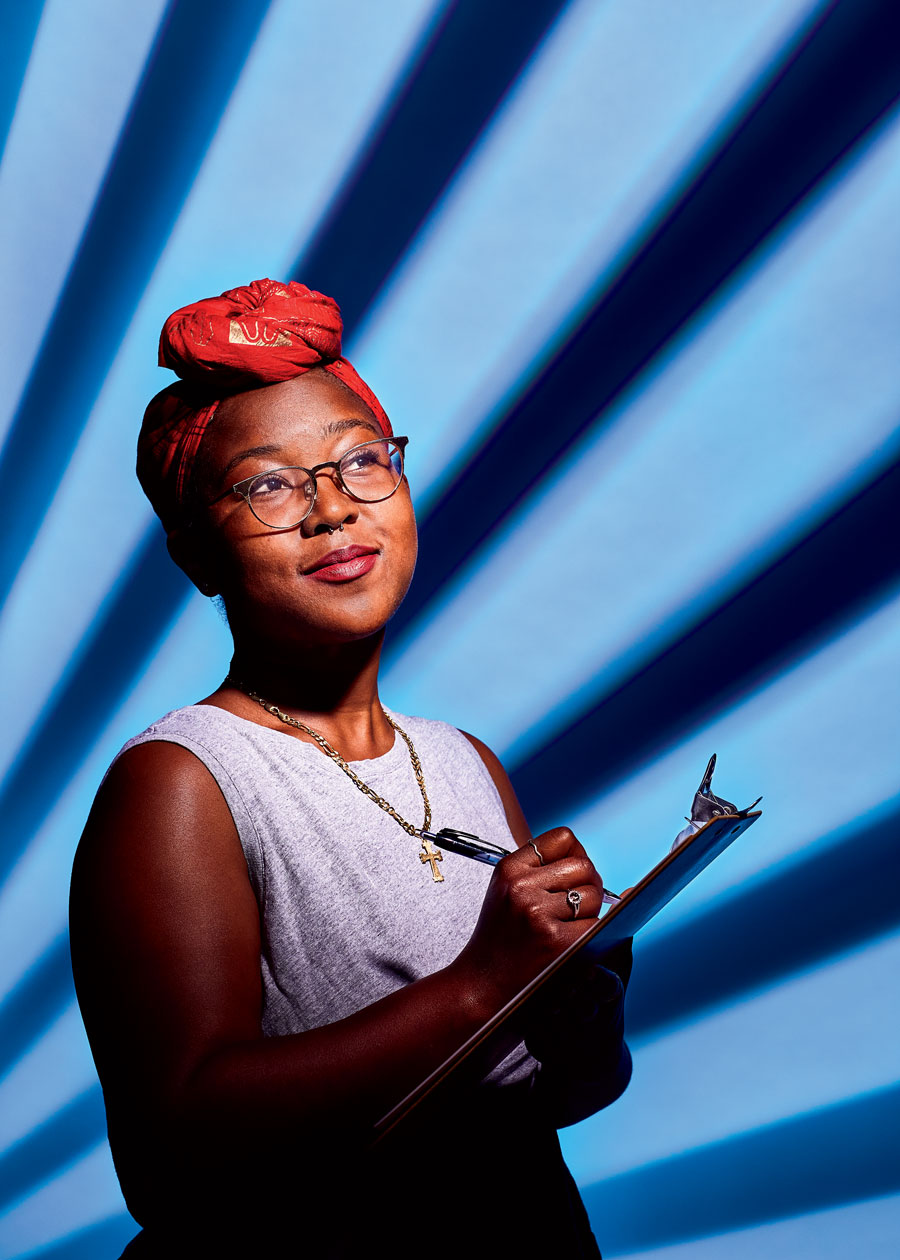
Trina Reynolds-Tyler
On June 1, after Chicago Public Schools abruptly announced that it would suspend its grab-and-go free meal program because of the unrest, this 27-year-old activist and fellow at the Invisible Institute, a nonprofit that investigates police misconduct, enlisted three friends and set up their own Costco-provisioned version outside Burke Elementary School in Washington Park. Even though CPS’s program started up again a day later, Reynolds-Tyler, with the help of donations from individuals, kept their free food pantry going into the summer. By late June, she and her friend had distributed meals, groceries, and sundries to more than 2,000 people. “We recognized that there was a food need that was bigger than Chicago public school students,” Reynolds-Tyler says. “We were like, We can’t stop doing this.”


